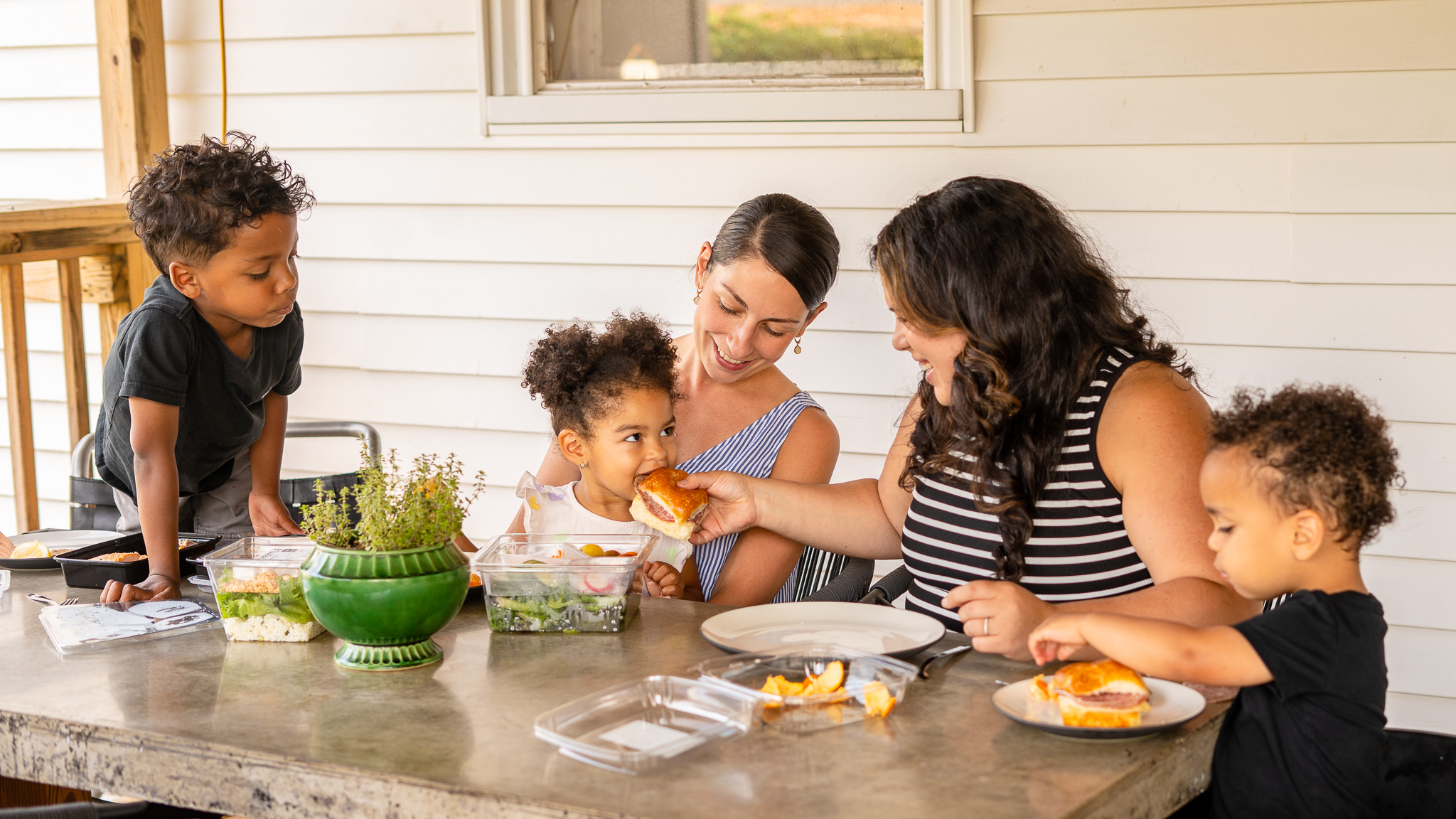Why We Consciously Said No to Compostable Plastic
Nov 6, 2023 4:31:00 PM • Viva Wittman

When deciding on the most sustainable, environmentally-conscious solution for delivering our meals, we put a lot of thought into choosing recyclable over compostable packaging.
Even though the notion of biodegradable waste disintegrating back into the earth is highly appealing, the reality is that most communities don’t have access to the industrial composting facilities that can properly break down materials like plant fiber plastics. According to the Atlantic, which was privileged to cite an unpublished BioCycle study, only three-fifths of the “roughly 200” composting plants in the US are actually able to process compostable packaging.
And try to compost plant fiber plastics at home and you’ll find they’ll mysteriously stick around long after your banana peels, onion skins, and even chicken bones have all but vanished. That’s because, in order to break down, they need special care in a special environment that can reach temperatures of up to 160 degrees. And if your home is reaching comparable temps, that’s a whole different issue.
So what it comes down to is this: If there’s nowhere to compost your plastic, it just becomes trash.
As for municipal recycling, it has its own pitfalls and drawbacks—namely that many materials are all but impossible to recycle curbside, depending on where you live. And where you live really shouldn’t have such a big impact on your ability to responsibly dispose of your waste…but it does.
That’s why, for our service, we sought out a partnership with a great company called TerraCycle. We wrote a whole other post about it, but long story short: The folks at TerraCycle specialize in collecting hard-to-recycle materials and repurposing them into affordable, innovative products to keep them out of landfills. What this means for Feast & Fettle Members is that they can leave their containers out to be collected by our drivers on delivery days, and we’ll ensure they’re properly recycled. And since most F&F containers are recycled to begin with, we get to close the loop by recycling them again.